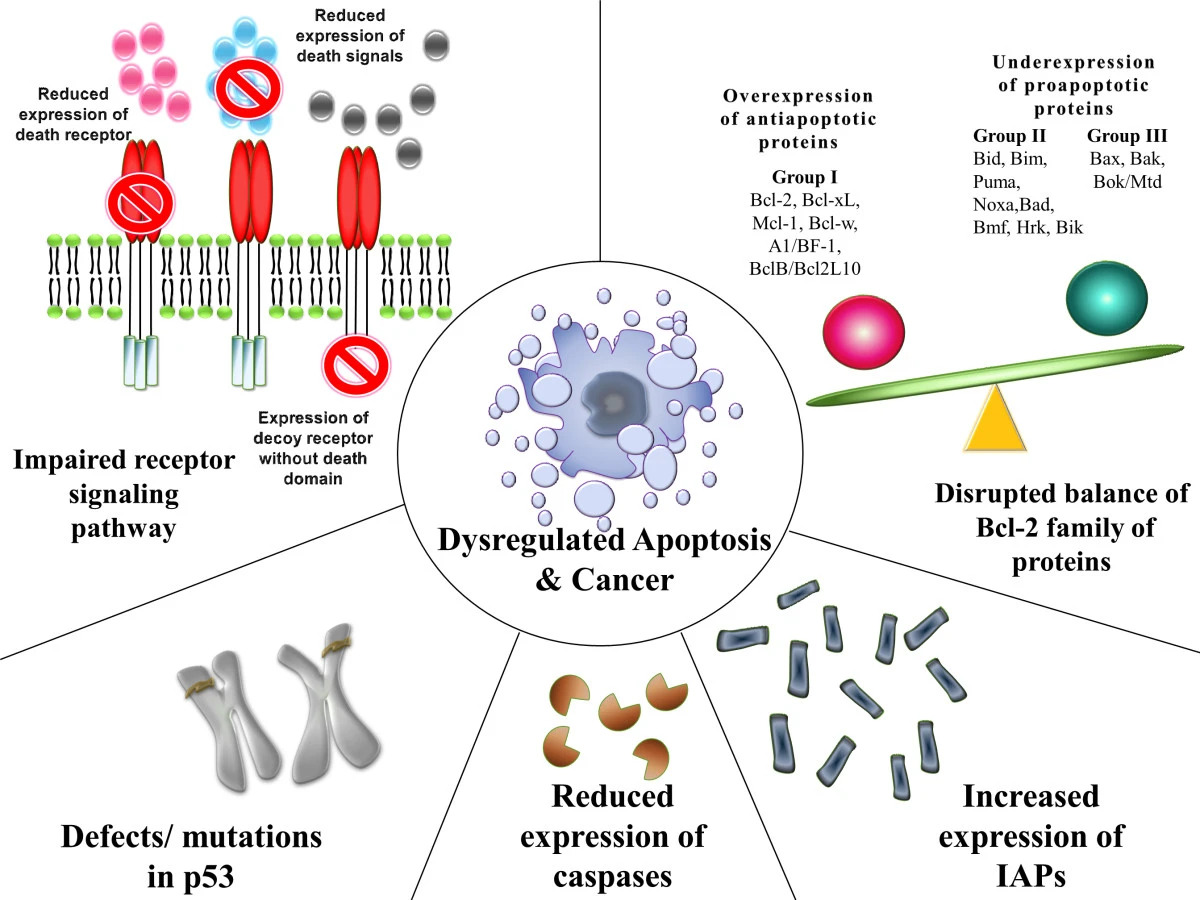Playlist
Show Playlist
Hide Playlist
Classes of Genes Relevant to Cancer
-
Slides CP Neoplasia Genetic alterations in malignancy.pdf
-
Reference List Pathology.pdf
-
Download Lecture Overview
00:00 Hi, welcome back. We have been talking about basic definitions of malignancy, we've been talking about normal cell cycle regulation, now we're going to talk about the genetic alterations that can occur that drive cancer. And there are many different ways that this can happen. And again just to emphasize, many of these have to happen before cells become malignant because there are so many checks and balances on the process. Having said that, okay, here's where we have been on our roadmap. We've done definitions, we've done cell cycle, we're going to now talk about genetic alterations. So there are a number of genes that are relevant to thinking about malignancy. One of the so called oncogenes, they are not really genes that are intended to drive oncogenesis but they are genes that we use to drive normal cellular proliferation. So if we have mutations and they are not regulated anymore, if the oncogenes are turned on all the time, if they are not ever turned off, then you have a cell sufficiency in the growth cycle. So that's one mechanism that we'll talk about. We do, as we've already talked about, we talked about cell cycle, we talked about all the inhibitors and all the feedback you know negative feedback pathways that suppress the cell cycle if there are things that are wrong. Those tumor suppressor genes such as p53 and retinoblastoma are going to be very important for making sure that we don't have a rouge cell. But if those become mutated, if their activity is altered now there is a relative insensitivity to growth inhibition. We don't inhibit growth. Both of these, oncogenes and tumor suppressor genes mutations both of those, often occur in malignancy but you can have malignancy with just one or the other. 01:58 Remember that if there is DNA damage, we need to have appropriate repair and in malignancy if you don't have appropriate repair mechanisms, if you have a BRCA1 mutation involved in homologous recombination. If you don't have the appropriate mechanisms to sense DNA damage, then you basically end up with genetic instability and an accelerated rate of accumulating mutations. Normally if a cell goes horribly wrong, we still have the ability to have it commit suicide to undergo apoptosis. So for a lot of tumors to be successful, they have to turn off those apoptotic signaling pathways so they will evade the death signal. So as malignant cells turn over and over and over again, we still have one other way that we can keep them from going about their business and that is we get shorter and shorter and shorter telomeres and then we have a terrible cataclysmic failure of chromosomal replication. So tumors also need to turn on telomerase in many ways, otherwise there is no longer a limitless replicative potential. And finally, micro RNAs and this is something that it just kind of arose in the last 10-15 years. Micro RNAs are short, 22-nucleotide long RNAs that we previously didn't think did anything, turns out they can affect oncogenes, tumor suppressor genes, DNA repair, etc. so they can impact malignancy through all of the above pathways. So we're going to cover each one of those and kind of try to understand better what's going on.
About the Lecture
The lecture Classes of Genes Relevant to Cancer by Richard Mitchell, MD, PhD is from the course Neoplasia.
Included Quiz Questions
What process occurs if oncogenes are active?
- Self-sufficiency in growth signals
- Genomic instability
- Accelerated mutation acquisition
- Response to death signals
- Limited replicative potential
What is responsible for elongating chromosomes?
- Telomerase
- Oncogenes
- Tumor suppressors
- DNA repair genes
- Elongase
Customer reviews
5,0 of 5 stars
| 5 Stars |
|
5 |
| 4 Stars |
|
0 |
| 3 Stars |
|
0 |
| 2 Stars |
|
0 |
| 1 Star |
|
0 |




